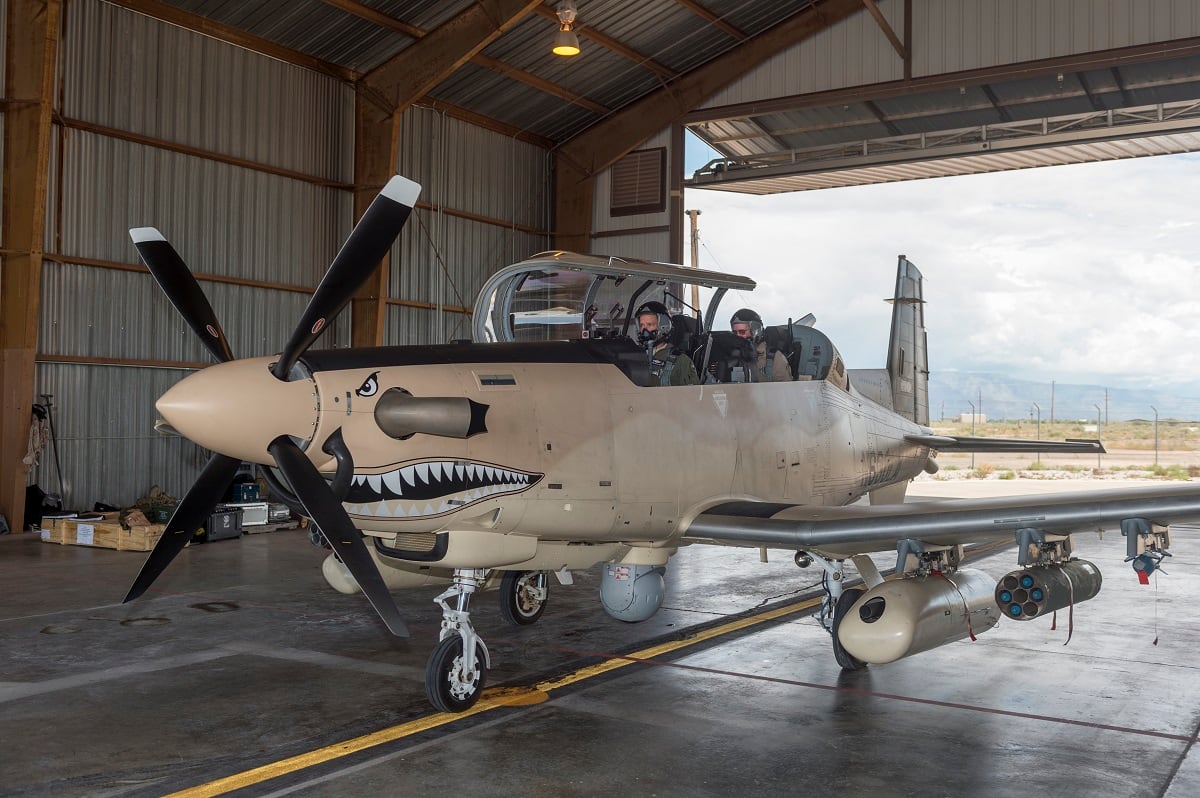NEW DELHI — India’s audit agency is questioning the decision by the Ministry of Defence to award a $2.13 billion contract to Boeing for eight P8-I Poseidon anti-submarine warfare aircraft in January 2009.
The Comptroller and Auditor General, or CAG, says the MoD awarded the contract to the American firm without the product support cost, while the rival company, CASA, was asked to refurbish the additional cost.
CAG’s audit report, tabled in Parliament on Tuesday, said the “MoD inflated the financial bid of EADS/CASA of Spain to include a 20-year product support cost package for its [maritime version of A-319] aircraft while ignoring this element in respect of Boeing. At a later date, Boeing offered the product support for its [maritime version Boeing 737] aircraft under a separate negotiable contract and consequently the deduced ranking of Boeing, as lowest bidder, or L-1, turned out to be incorrect.”
A spokesperson for Boeing in India declined to comment for this story.
The CAG stated that although a separate product support package was negotiated with Boeing, the overall package for anti-submarine aircraft offered by the company was more expensive than that offered by EADS/CASA.
RELATED

It also asserted that under the $2.13 billion contract, Boeing was asked to execute offset contracts worth $614.2 million with Indian companies to be completed within seven years, but it has begun this process.
It is mandatory in India for overseas defense companies to discharge offsets — a minimum of 30 percent of the total value of the defense contract inked; the offset obligations can been fulfilled through either transfer of technology, direct purchase of components and systems from Indian defense companies, or creating specific manufacturing facilities and investments in skill, development and training.
Overseas defense companies sometimes find it difficult to find the right Indian partners to execute offset contracts, which can cause a delay in implementation.
CAG has accused Boeing of claiming offset credits on the mere placement of purchase orders, defeating the very purpose of offset obligations.
RELATED

“Boeing cannot be blamed alone for this," one MoD official said. “Currently there is a huge gap between the filing of claims and award of (offset) credits.”
He added that in the past 10 years, no Indian defense company has won an order against a global tender to make use of the discharge of offsets.
The report also claims that desired critical equipment for the P8-I did not meet the Indian Navy’s requirements. Due to capability limitations of radars installed onboard, the aircraft is unable to achieve the envisaged coverage area requirements, the report explained. Contracts for torpedoes and depth charges, the P-8Is primary offensive weapons against submarines, had yet to be concluded, and therefore the anti-submarine warfare capability of the aircraft could not be fully met, according to CAG.
The report went on to say the MoD had procured sonobuoys in limited numbers, sufficient for only one year instead of three, and not the advanced longer-range version as recommended by the Indian Naval Tactical Evolution Group.
Sonobuoys are air-dropped floating devices that transmit the location of submarines to the ASW aircraft.
Arun Prakash, a retired Indian Navy admiral and former service chief, said past experience has shown that overreach, combined with pedantic hair splitting by CAG — which he accused of not understanding the practical nuances of the issues at hand — inflicts incalculable damage on India’s national security.
A senior Indian Navy official said the P8-I fleet is the mainstay ASW fleet of the service. The Navy currently operates 12 P8-I ASW aircraft, while four more are on order.
Vivek Raghuvanshi is the India correspondent for Defense News.







